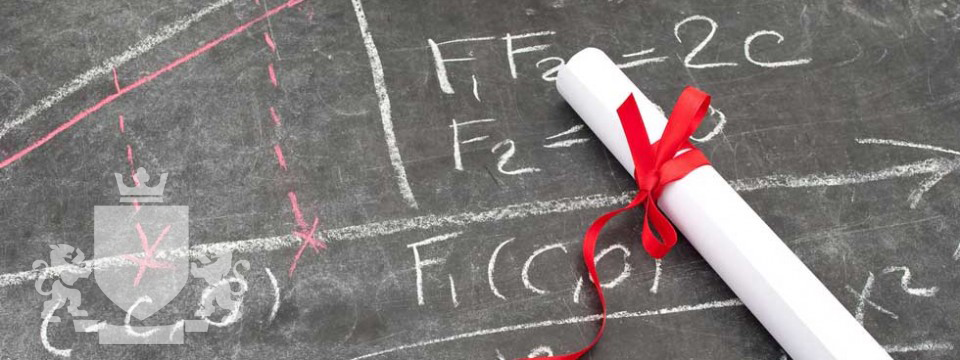History
Outline of Course/Qualification:
GCSE in History.
AQA Exam Board.
5 lessons a fortnight (5 hours) are dedicated to History lessons.
The different topics are:
Germany, 1890-1945: Democracy and dictatorship
Germany, 1890-1945 will look at both World Wars as well as studying the ever popular Hitler’s Germany topic from the legacy GCSE History syllabus. This is broken down into Germany and the Growth of Democracy (1890-1928), Germany and the Depression (1928-33) and the experiences of the Germans under the Nazis (1933-45)
Conflict and Tension between the East and West 1945-1972
Conflict and Tension is based around the first 27 years of the Cold War and all of the events in that time period. This includes the Origins of the Cold War (1940s), the Development of the Cold War (1950-60) and the Transformation of the Cold War (1961-1972). It is a study of how the relationship between East and West changed over the course of this time period.
Britain Health and the People: c1000 – modern day
A thousand years of the history of medicine. The module provides an exciting overview of the progression of medicine over time including the Middle Ages in “Medicine stands still”, The Renaissance in “The beginnings of change”, The Industrial Period in “A Revolution in medicine” and of course the modern day in “Modern medicine”.
Elizabethan England, c1568 – c1603
The Elizabethan England module studies events in England under the most successful of the Tudor monarchs. The module looks at Elizabeth’s court and parliament, her troubles at home and abroad including issues with religious tensions and the Spanish Armada and finally, life in Elizabethan England.
What skills and interests are needed to be successful for this course?
History is considered to be an academically challenging subject, respected by top universities. Therefore students will need to be a competent reader with a thirst for knowledge and a passion for History. You will need to be resilient and willing to develop both analytical and evaluation skills. There is a high level of literacy required to do history as the GCSE exams themselves will use source material that requires a high reading age.
What will I study?
As an introduction to History in Year 9, the students will focus on past paper topics studied in the current GCSE specification to learn the skills required for studying Key Stage 4 History.
As mentioned above, the course will then develop by moving into the new GCSE topics in Year 10, as soon as the new guidelines are released.
How is the course structured?
Year 9: Learning cycles 1-4 will focus on Britain: Health and the People, beginning with a contextual view of ancient medical belief. Students will look at the works of the Ancient Greeks and Romans before moving on to studying medieval, renaissance and modern medicine and public health. Learning cycles 5 will begin with the students looking into Germany: Democracy and Dictatorship.
Year 10 and 11: Students will complete their Democracy and Dictatorship module before completing their Conflict and Tension and then Elizabethan England modules, in that particular order. Throughout this time there will be full GCSE past papers completed as well as numerous past paper questions. There will be time towards the end of Year 11, from the February half term, to recap over work studied throughout the three year course in preparation for the exams.
How will I be assessed?
Students’ work will be assessed at regular intervals over the three years. There will be regular mock assessments each year. Furthermore, the controlled assignment will be internally standardised, with a sample sent to an external moderator.
The course contains two written exams that take two hours, are worth 84 marks and 50% each. Each test has 4 marks awarded for SPAG. Paper 1 contains 10 compulsory questions and Paper 2 contains 8 compulsory questions.
Homework/Independent Learning and Extended Learning:
Homework will be set on a weekly basis, with the expectation that students complete weekly revision in Year 11. Independent learning will be focused mainly on completing past questions and training in exam technique and skills.
How would I use this qualification in the future?
The study of History can lead to respected careers such as Law, Journalism and Teaching. History is a prestigious GCSE due to the high level of challenge and respect it garners from top universities. It showcases a high level of academia whilst naturally supporting other subjects.
History will help to accelerate progress in English, as well as the other Humanities subjects. The ability to think critically and provoke questioning of events both past and present is a life skill of premium importance.
It also can lead to further studies in the King’s 6th Form in Advanced Level History.
What are the top 5 universities currently for this subject?
Durham
Cambridge
Oxford
St Andrews
London School of Economics
Check the UCAS website (www.ucas.com) for entry requirements to Higher
Education courses of interest; this will provide you with information on courses which have specific subject entry requirements.
Useful Downloads
Quick Links


